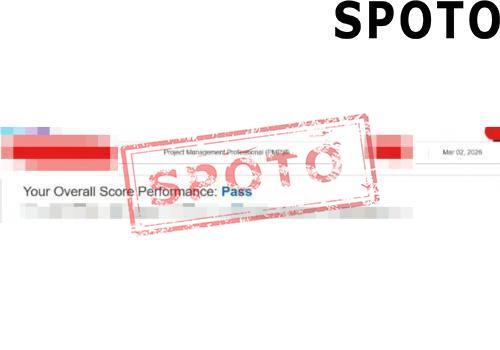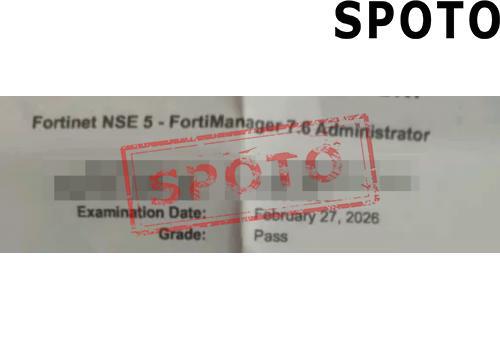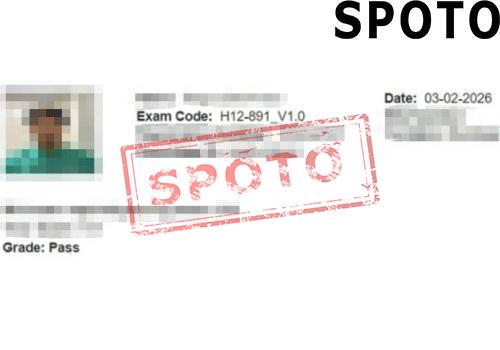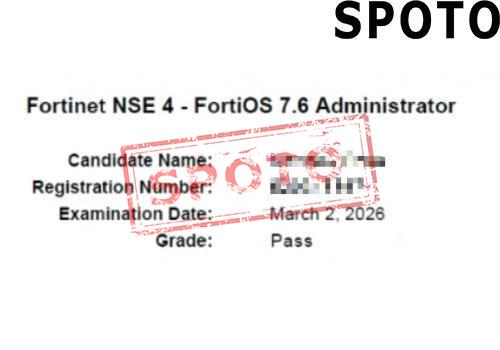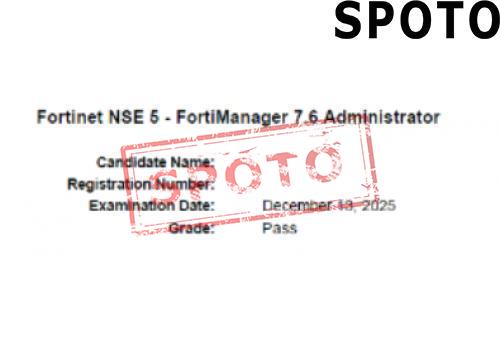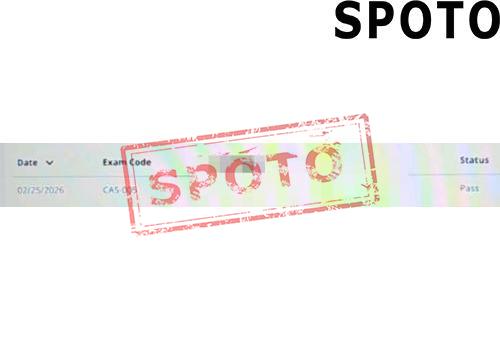
Table of Contents
CFA vs. CPA: A Comprehensive Analysis
Application Areas
I. CFA focuses more on the operations of the secondary market, such as investment analysis, asset management, and funds. After obtaining the certification, the main career direction is in finance-related enterprises. However, when funds invest in private companies, they gradually lean towards the primary market, requiring auditing and adjustments. This is where Certified Public Accountants (CPAs) shine.
II. CPAs are more inclined towards the primary market, with their main work settings in accounting firms and major enterprises. So, these two certifications are not competitive in investment; rather, they complement each other.
Income Starting Point
I. For mid-sized accounting firms, CPAs start at around 150,000 yuan after certification, and after working for some time, they can earn an annual salary of 200,000 yuan or a monthly salary of 20,000 yuan.
II. However, after obtaining CFA certification, earning 150,000 yuan annually in first-tier cities is not difficult. One student was a researcher before certification and started engaging with fund companies after passing Level III. After certification, they switched over, earning more than 150,000 yuan.
III. In fact, whether it's a CPA or CFA, the certifications serve more as stepping stones and bonus points.
Certification Time
I. The fastest time to pass the CPA professional stage is one year, which means passing all six courses at once. However, it's better to take the full-time exam; the pressure is immense otherwise. The more common scenario is to take around three years for the professional stage and then use one year to pass the comprehensive stage, which is safer.
II. It's worth noting that some companies provide subsidies and salary increments for passing one or two CPA exams. Other companies also prioritize candidates who have passed X subjects when recruiting CPAs.
III. CFAs need to pass level by level. After passing Level I, they must have about 400 hours of study and practice time. Then, the pass rate for Level II is higher. After passing Level II, challenging Level III requires another 400 hours, which is safer. The fastest completion time is two and a half years.
IV. Take a colleague who is a CPA for example. Because they majored in English, their financial foundation was weak, so they needed 700 to 800 hours for each level. This time frame is basically the ceiling.
V. It's worth mentioning that CFAs take 10 exams at once, testing their comprehensive understanding of knowledge with logical connections between subjects. If there is a slight imbalance in knowledge, as long as it's not severe, passing is not a big issue.
Exam Difficulty
I. The CPA exam is not divided into levels but generally consists of the professional stage and comprehensive stage, with exams held once a year. The professional exam subjects include accounting, auditing, financial cost management, corporate strategy and risk management, economic law, and tax law. Candidates must pass all subjects within five years to qualify for the comprehensive stage's professional ability comprehensive exam (Paper I, Paper II).
II. The CPA exam is conducted subject by subject, digging deep vertically, requiring a profound understanding of each subject.
III. Firstly, the difficulty of the CFA exam lies in the English exam. Some professional content is challenging to understand in one's native language, let alone thinking and problem-solving in a non-native language.
IV. Moreover, each exam involves around ten subjects, expanding the difficulty horizontally. CFAs need to pass the exams level by level; starting from 2021, Level I has four exam opportunities per year, while Level II and Level III can be attempted once a year. As the exam level increases, the difficulty also rises.
V. The average study time is at least 300 hours, and just passing the exams is not enough. Four years of work experience is required to apply for the certification. Each exam level includes at least ten subjects, covering all financial aspects such as bond investment, equity investment, alternative investment, derivatives, corporate finance, and economics.
Exam Costs
I. There's a significant difference in exam costs. Compared to the CFA's costs of several thousand to tens of thousands of yuan, the CPA exam cost is much lower, around tens of yuan, which is more affordable for the general public.
II. Furthermore, the CPA requires a "bachelor's degree" for application, which is higher than the CPA's "associate degree" requirement.
III. Perhaps because of the low cost and low threshold of the CPA, candidates' attitudes and knowledge literacy towards the exam vary significantly (due to the cheap registration fees, many students have experienced the psychological process of registering for all exams and then giving up completely), with the average pass rate for each subject of the CPA being 10%, much lower than the 40% or so for each level of the CPA.
Certification Value
I. The CPA is an exam conducted by the Chinese Institute of Certified Public Accountants, selecting qualified "Certified Public Accountants" through the exam. As each country has its own "Certified Public Accountant" certification standards and exam systems, this qualification exam only has certification effectiveness in each country. Therefore, the CPA is currently only recognized in China or at most by institutions with long-term dealings in the Chinese market or with Chinese companies.
II. The CFA is a "Chartered Financial Analyst" certification born in the United States. Although the association that awards the certificate belongs to the United States, it has branch organizations worldwide and has a long history, gaining widespread recognition globally.
III. Consequently, the examples and question objects used in the exam are more related to the foreign financial industry, which inevitably may not align well with China's national conditions. For example, both certifications cover accounting measurement methods, adhering to American and Chinese accounting standards, leading to differences in measurement methods, such as inventory, among others. Except for some pricing methods that are the same.
IV. Therefore, the CPA, which is more in line with China's national conditions, has a significantly higher value in the accounting field in China; if it's for foreign companies or purely financial institutions, the CPA's acceptance will be broader.
